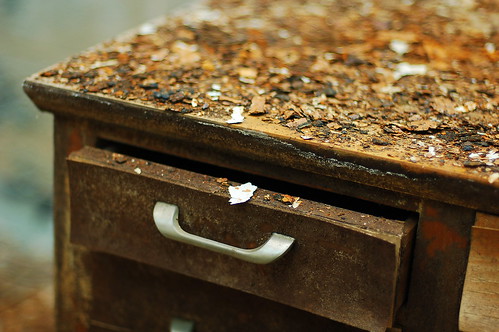
Oryx and Crake by Margaret Atwood
My rating: 5 of 5 stars
After I finished The Handmaid’s Tale, I was impressed with Margaret Atwood’s writing. Having now finished Oryx And Crake, I’m falling in love with her storytelling.
To a certain extent, this is a parallel to The Handmaid’s Tale, wrapped in a similar framework of intersecting flashbacks all building toward the action set in the post of a post-apocalyptic (or post-dystopic in the case of Handmaid) world. Where Handmaid fretted about gender roles, Oryx fusses about environmental concerns and genetic/pharmaceutical research gone awry, but they’re really two means to the same end. They show a world not too distant from our own right before everything falls apart and then they show the aftermath. The effect in each case is deeply affecting and grim.
Where Oryx And Crake is, I think, a better book, is that the story is more compelling. The central mystery of how the pieces presented in the flashbacks come to result in the Robinson Crusoe-like existence depicted in the novel’s opening chapter is deepened by the conflicts that twist around each other like DNA backbone. The central characters of Snowman, Crake, and Oryx are all rich and fascinating. The way the whole thing converges into such a magnificent climax where all the pieces—past, present past, present future, and future—collide is like a master class on How It’s Done. It doesn’t feel forced that these three are pivotal to everything, it feels right.
Granted, as with Handmaid, the ending is abrupt to the point of absurdity. Unlike the earlier novel, Oryx has a couple of sequels so hopefully at some point there is a real resolution. But it’s not a complaint, it’s more like a promise.

